Equity of Māori health outcomes is essential for the wider social and economic advancement of Aotearoa. This collaborative programme of research, hosted by an Iwi-owned research centre, will explore the positive change that can occur when Māori have the opportunity to drive solutions and work in authentic partnership models. The collaborative, cross-disciplinary team brought together in this programme has a wealth of experience in working alongside Māori communities to frame and implement research that seeks to contribute to enhanced wellbeing outcomes. Co-creation of solutions with whānau, and a focus on translation, uptake and impacts of research results, are novel elements of the programme.
Our School's research is multidisciplinary and internationally renowned: we're passionate about producing research which has a positive impact for society. Our expert staff tackle some of the most challenging issues in psychology and social sciences to develop innovative solutions to understanding minds and behaviour.
Research areas
Our School conducts research in a range of areas, with staff often active in research that crosses traditional boundaries. Our research includes primary and applied topics: working to uncover basic understanding about how our minds work and applying our knowledge to improve society. We have organised our research into the following broad areas:
Health and well-being
This is perhaps our broadest theme and includes a wide range of research on issues such as authenticity and well-being at work; clinical psychology; health inequities; mindfulness; transgender health; well-being and parent-child interaction; youth well-being.
Cognitive psychology
Staff in this area conduct research on attention and decision-making by drivers; future thinking and memory. The multi-disciplinary Transport Research Group focuses on applying cognitive psychology to transport-related issues.
Behavioural psychology
Research in this theme includes facilitating employment for individuals with disabilities; scent detection and learning in animals; as well as school-based intervention to promote improve academic achievement and faciltate inclusion.
Applied social psychology
Many of our staff are involved in research on applied topics such as environmental psychology and community development, including climate change, homelessness, inclusion, and societal and structural change, and building better workplaces.
Developmental and family psychology
Our developmental science research covers the whole lifespan from pre- and perinatal development through to gerontology, including both brain and social development. We also research family dynamics and systems, perception, parenting and the needs of individuals with developmental disabilities.
Kaupapa māori psychology and Indigenous psychology
We have a specialist Māori and Psychology Research Unit (MPRU) and research here covers cultural change, adaptation and human flourishing; (de)colonisation; social justice; diversity and cultural pluralism
Forensic psychology
In collaboration with the cross-disciplinary Te Puna Haumaru - New Zealand Institute for Security and Crime Science, our researchers investigate criminal justice; correctional, policing and psycholegal issues.
Research Units and Institutes
The School of Psychological and Social Sciences is proud to host specialist research units and groups.
The Māori and Psychology Research Unit (MPRU) has an international reputation for facilitating research that holds Māori as central to the issue under investigation. With the involvement of students, research projects include the study of Tangihanga, media representations of Māori, homelessness, mental health and recovery, domestic violence, the recruitment and retention of Māori in tertiary institutions, Māori cultural change, Moko - Māori skin art, Maori men’s relational health, Pacific health and Māori migration.
Transport affects many aspects of everyday life. In the multi-disciplinary Transport Research Group at the University of Waikato, we are interested in how transport fosters a strong and sustainable economy, how transport can be maintained in a way that supports healthy environments and how drivers might respond to changes in vehicle technology. We focus on how research findings might inform decision-making in government and industry.
The School of Psychological and Social Sciences also has strong links with the cross-disciplinary Te Puna Haumaru - New Zealand Institute for Security and Crime Science.
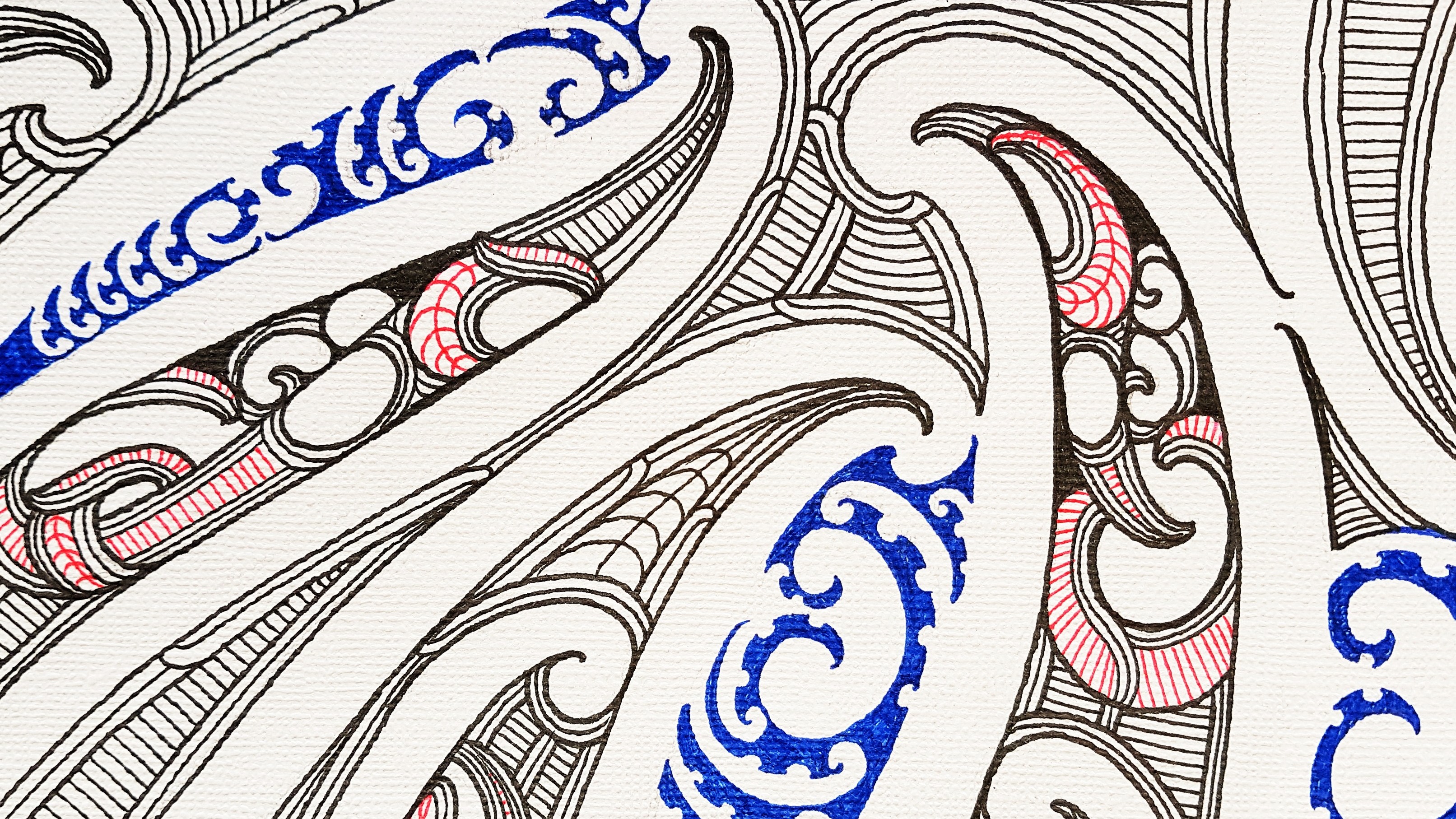
Māori & Psychology Research Unit
The Māori and Psychology Research Unit (MPRU) provides critical research that centers the priorities of Māori communities.
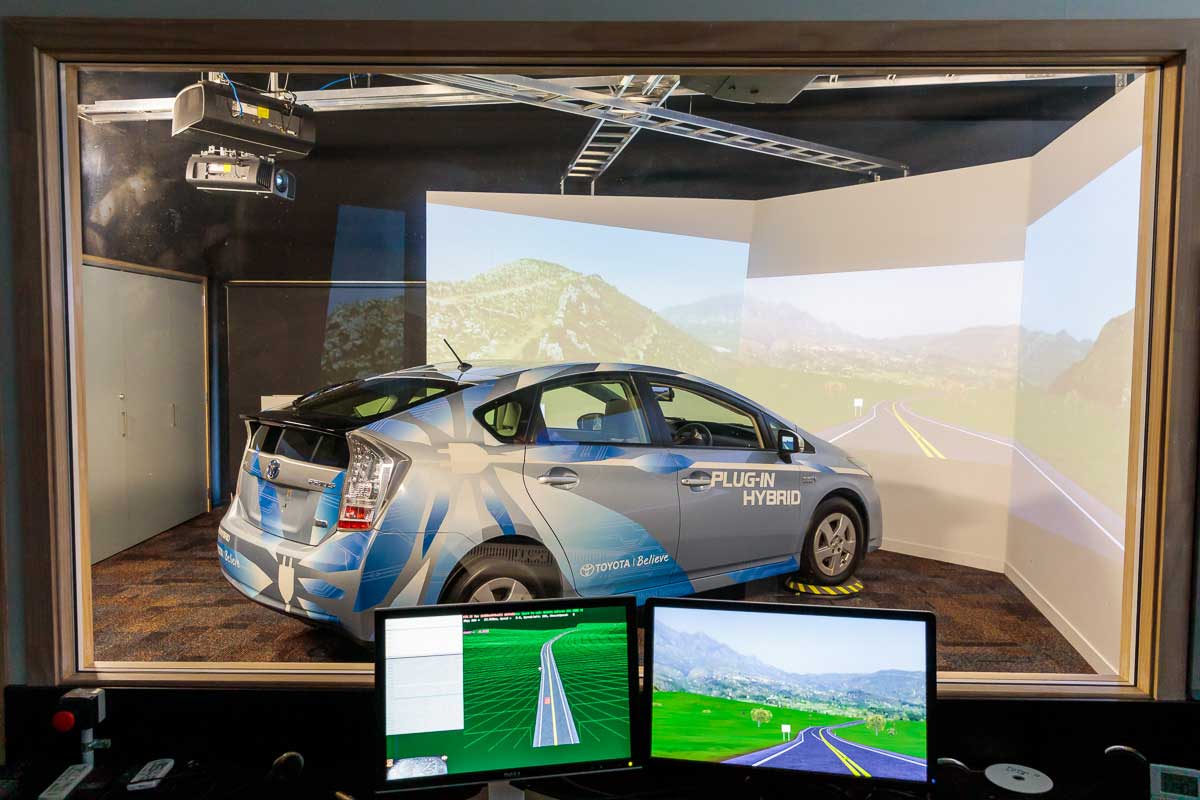
Transport Research Group
The Transport Research Group at the University of Waikato examines how transportation influences economy, environment, technology, and decision-making.
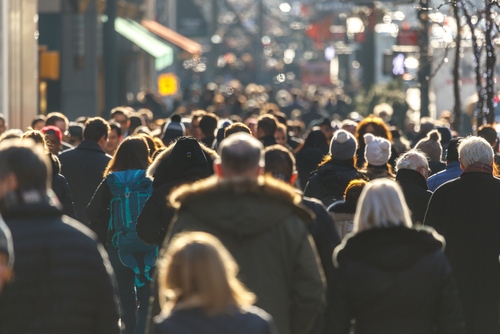
Te Ngira Institute for Population Research
Te Ngira is Aotearoa's population research leader, focused on Māori, Pacific, and migration studies.

Te Puna Haumaru | NZ Institute for Security and Crime Science
Te Puna Haumaru (NZISCS), founded in 2017, leads NZ Evidence-Based Policing Centre. Research aims to reduce crime via multi-disciplinary studies.
Current Research Highlights
Funded by MBIE (Ministry of Business, Innovation and Employment), $4 million
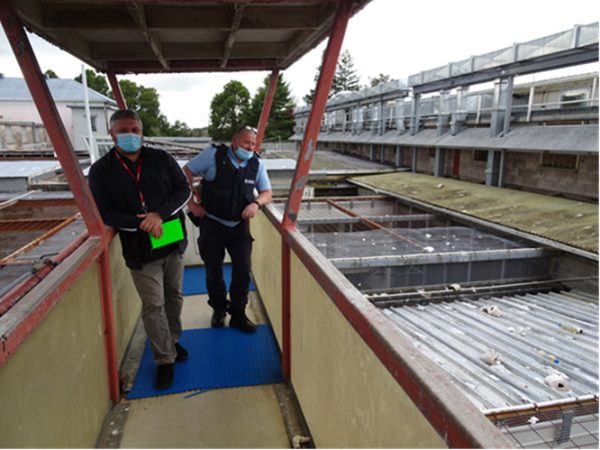
The aim of this research programme is to decrease physical, sexual, psychological and structural harm and improve safety and wellbeing for those who reside and work in prison settings in Aotearoa. Using an ecological perspective, the research aims to address the following questions:
- What factors contribute to prison violence? Can we predict these behaviours/events?
- What is the relationship between gang-affiliation and prison violence? What resources do men from these communities possess that can mitigate future violence?
- What are the properties of the prison environment itself that influence or inhibit violence?
Funded by Health Research Council of NZ, $4 million

Funded by Health Research Council of NZ, $1.2 million
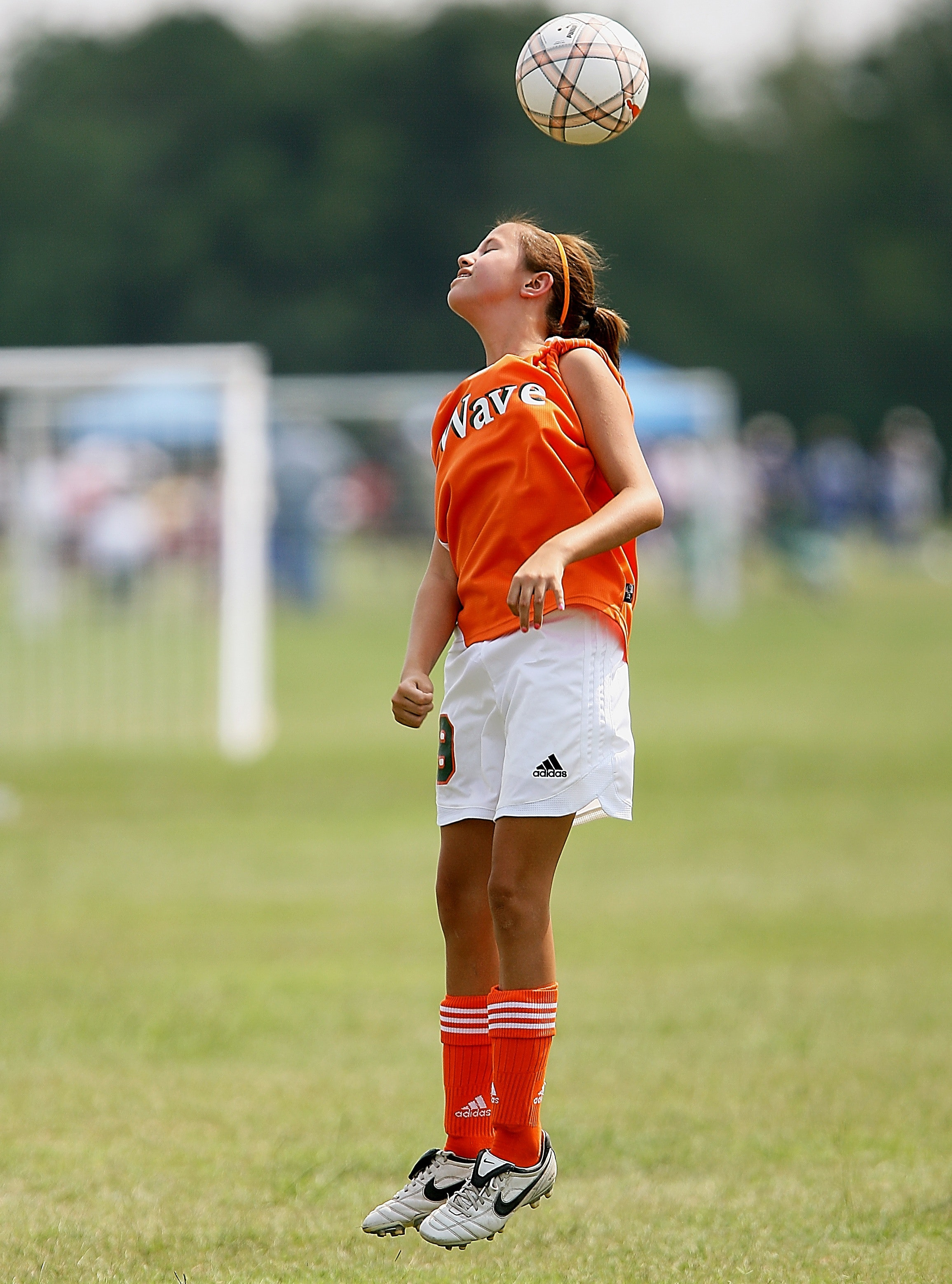
Concussion is a common injury with young people accounting for 30% of all cases. We are carrying out a prospective longitudinal study of concussion recovery from the acute post-injury period to 12 months post-injury in 5- to 17-year-olds. As concussion risk and outcomes vary by ethnicity, we will recruit three groups: Māori, Pacific, and non-Māori non-Pacific. The study will provide detailed descriptions and understanding of acute symptoms (and management), typical patterns of symptom resolution, and long-term outcomes from concussion in children and adolescents, as well as allowing us to identify and explore inequities in outcomes.

Funded by Royal Society Te Apārangi: Marsden Fund, $880k
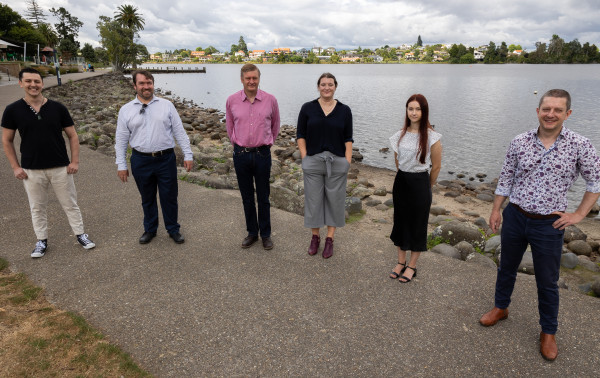
How does the human visual system develop? Recent work indicates that light levels in the uterus enable visual perception. We will model how light enters the uterus throughout gestation. This may well explain why the visual system contains preferences for specific visual information, such as face-like images. We will also create and refine models of how a light source will interface with maternal tissue. This will provide a pathway for showing shapes of light to the foetus, which is critical for future foetal visual research. Finally, we will explore experimental eye tracking in the foetus using 2d ultrasound in response to a moving light. This work will draw on psychology, medical imaging, obstetrics, and physics. It will form the foundation for a new interdisciplinary field: foetal visual perception.
In collaboration with Paul Szyszka, Mei Peng, and Graham Eyres at the University of Otago and Nathaniel Hall at Texas Tech University.
Funded by Royal Society Te Apārangi: Marsden Fund, $1 million
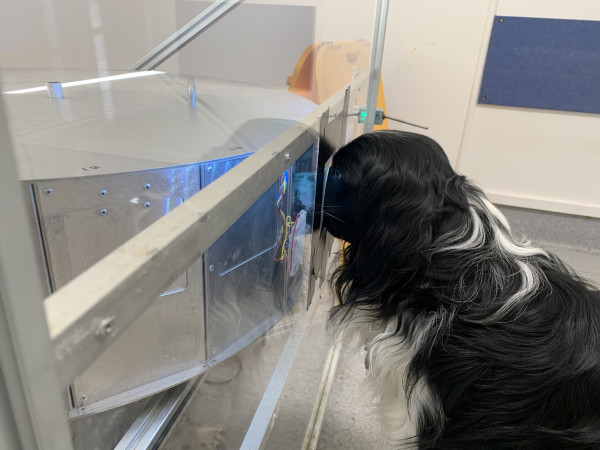
Most animals rely on odours to locate food, mates, habitats, and dangers. Although odours from different sources mix, animals can segregate relevant odour sources. But how they solve this olfactory cocktail party problem is unknown. Insects use small time differences in odorant arrival to segregate odours from different sources. We will test the hypothesis that vertebrates, too, can segregate odours using temporal cues, and we will uncover the natural stimulus dynamics that enable odour source segregation. Revealing odour segregation processes in animals and humans has important implications for ecology (foraging), pest control (pheromone traps), scent-detection technology, and neurology (disease indicators).
Funded by MBIE (Ministry of Business, Innovation and Employment), $1.3 million
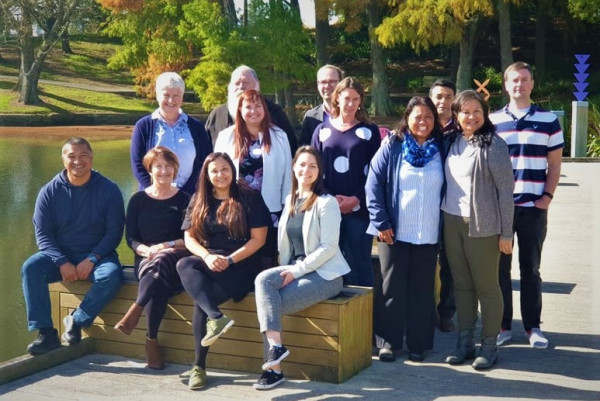
This research explores life-course trajectories for over half a million adults living with low literacy and / or numeracy skills in Aotearoa NZ. Intervention (and other life-course) pathways will be analysed by tracking individuals’ economic and social outcomes over time and at a population-level. The power of this study lies in the mixed method approach that utilises disparate administrative and qualitative data, creating a benchmark evidence-base for policy and practice.
Funded by the Royal Society Te Apārangi, $800k
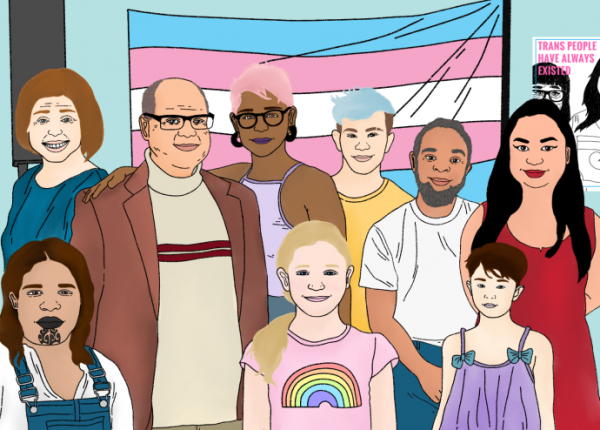
International research has uncovered serious health inequities faced by transgender people. This fellowship involves two projects: 1) comparing international transgender people’s experiences of medical, legal, and social gender affirmation, and 2) expanding on Counting Ourselves, monitoring progress in Aotearoa towards reducing the health inequities and examining emerging issues.
Funded by Royal Society Te Apārangi: Marsden Fund, $300k

The number of people aged 65+ will double in 30 years. Quality of life is dependent on healthy memory, which declines with age. However, older adults often say their memories are more detailed than younger adults do. Why is there an age-related disconnection between what people remember, and how they remember it? In this project, I will examine the causes of this disconnection, and the consequences for our ability to imagine the future. This research will shed light on age-related memory changes, improve our understanding of how memory and imagination interact, and inform interventions to preserve memory in later life.